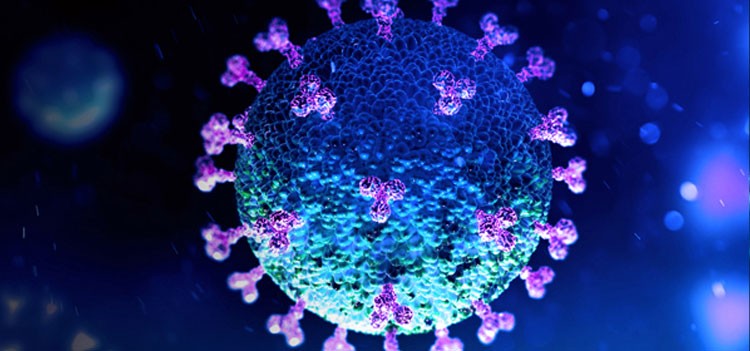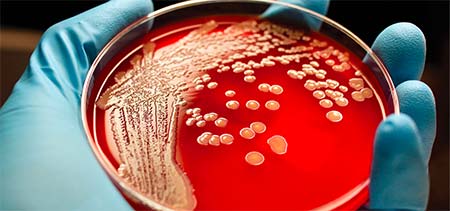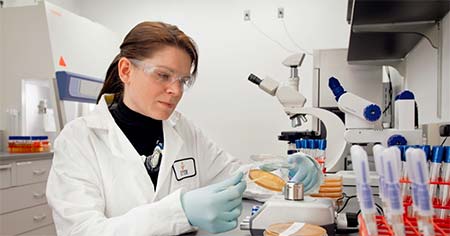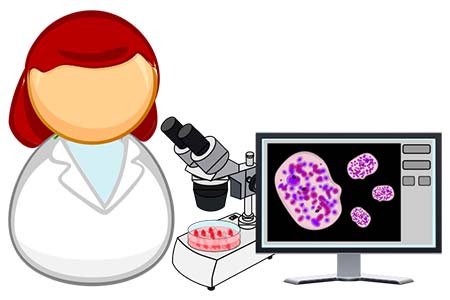Are you worried about your career after B.Sc Microbiology?
Are you getting confused about the job roles available after B.Sc Microbiology?
Read this article to know more!
What is B.Sc Microbiology?
The B.Sc Microbiology is the branch of biology that deals with the study of the microorganisms that are not visible to naked eye. The B.Sc Microbiology students will be studying the behaviour of the microbes and how it is beneficial for mankind.
The students who have completed their PUC or 10+2 with PCB/CBZ are eligible to apply for B.Sc Microbiology course. Further, the students should have done their PUC or 10+2 from the recognised central or state board. The B.Sc Microbiology students will study the interactions of the microbes with other organisms and humans which exist and affect the lives of them.
The role of B.Sc Microbiology students is very important because they are responsible to discover the vaccines and medicines for the deadly diseases that might affect humans. The best example is the discovery of the SARS vaccine. The SARS virus that caused a pandemic in the world that took many thousands of lives. The microbiologists were the main people who isolated the virus sample and enabled the invention of the vaccine. Thus B.Sc Microbiology students play a crucial role in the lives of humans.
Career Scope for B.Sc Microbiology students
The B.Sc Microbiology students are required in numerous sectors in the field of biology. They are hired in different positions in various corporate companies.
Some of the roles available for B.Sc Microbiology students are:
Microbiologist
The Microbiologists are responsible to study the physiological, biochemical and genetic aspects along with the growth characteristics of microorganisms like viruses, bacteria, fungi and parasites. They are also required to study the interaction of the microorganisms with the environment. They are required to develop medical and industrial applications to the microbes. They are responsible to study the human diseases that are caused by microorganisms. They are required to conduct experiments to isolate and grow the cultures of the specific microorganisms under controlled conditions. They are also responsible to identify and classify the micro-organisms.
Food Microbiologist
The food microbiologists are required to study food spoilage, food preservation techniques, foodborne pathogens. The main goal of the food microbiologists is to perform research on foodborne diseases and prevent them from attacking humans. The food microbiologists ensure that the quality of the food products should abide by the government regulations regarding food and health safety and should meet the health standards. They are required to research microorganisms in food to prevent food-borne diseases and illness. They are also required to study the harmful effects of microbes on the food. They are also required to study about food poisoning, spoilage and preservation. Sometimes they also participate in the establishment and enforcement of the food legislation. They are also required to supervise and observe the aspects of food processing and packaging and also have a check on food preservation methods.
Immunologists
The immunologists investigate the defence mechanism of the human body against the diseases. They perform research in various areas like bio-defence, biofilms, genetics, immunologic mechanisms, respiratory pathogens, vaccine development etc. They are required to assist in research conducted on immunological antibodies. They are also required to maintain the detailed research observations and try to analyse the chemical composition of the microorganisms and assist in developing the drugs and medicine.
Microbial Cell Biologists
The microbial cell biologists are responsible to study the cells and cellular structures of the microorganisms. They are required to analyse the physiological properties, structure life cycle as well as their interaction with the external environment. They research to uncover the characteristics of the microorganisms that make them both as harmful or harmless agents for mankind. They also research to discover the potential treatments and cures that may be caused by these pathogens. They are responsible to organise and manage the direct lab activities. They are also responsible to oversee the data experiments that improve scientific research methods in the microorganisms. They are responsible to theorise the potential medical solutions to problems presented during the research and analysis.
Pharmacologist
The pharmacologists are responsible to identify and investigate the effects of the drugs and chemicals on the microorganisms. They use their knowledge gained to study and analyse and design drugs that can be used in the prevention and treatment of the diseases. They are required to record the detailed notes of the research processes. They are required to do qualitative and quantitative analysis to determine the effects of the drugs on the microbes. They are also required to assist in the evaluation and marketing of drugs and related pharmaceutical products. Conduct basic and clinical research in the laboratories, hospitals, research labs and private industries.
Parasitologists
The parasitologists investigate the parasitic effects of the microorganisms that infect the living hosts, reproduce and cause diseases. They are responsible to isolate the pathogens and analyse the chemical composition of that strain to develop drugs and vaccines. They are required to administer the drugs and observe the effects on the microbes. They are also required to collect and analyse the data obtained from the research methodologies.
Salary Package
The average B.Sc Microbiology students will be earning around 4 lakhs to 8 lakhs per annum. The average fresher will be earning nearly about 3.5 lakhs per annum. The salary varies exponentially according to the skills and experience gained by them in their careers.
Placement Opportunities
The B.Sc Microbiology students are hired in research labs, research organisations, pharmaceutical companies etc. They are hired mainly in the research & development wing of various corporate companies.
Some of the top recruiters hiring B.Sc Microbiology are:
- Ranbaxy
- Biocon
- Natural Remedies
- Mylan Labs
- Serum India Pvt Ltd
- Bhat Biotech
- Bharat Biotech
- Himalaya Drug Company
- Glaxo Smith
- Cipla
Conclusion
The demand for B.Sc Microbiology students has seen a steady increase in the last decade. The increase in vaccine developments and many other types of research for the benefit of mankind has created ample job opportunities for the B.Sc Microbiology students. The students who have a passion to work with microbes can choose to join B.Sc Microbiology and land up in lucrative jobs that pay them handsome salaries.




